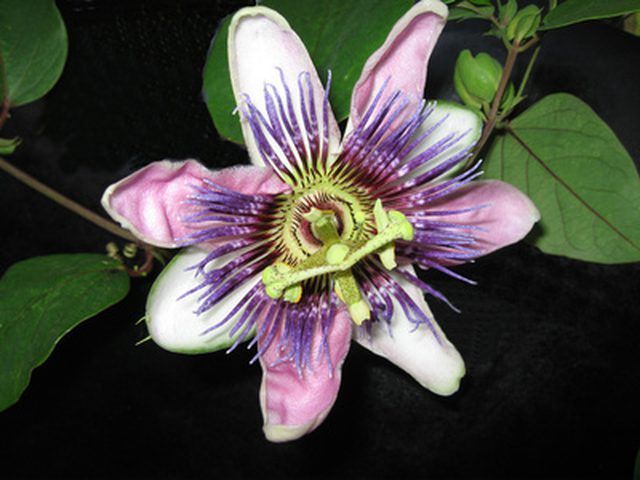Bulbs
Flower Basics
Flower Beds & Specialty Gardens
Flower Garden
Garden Furniture
Garden Gnomes
Garden Seeds
Garden Sheds
Garden Statues
Garden Tools & Supplies
Gardening Basics
Green & Organic
Groundcovers & Vines
Growing Annuals
Growing Basil
Growing Beans
Growing Berries
Growing Blueberries
Growing Cactus
Growing Corn
Growing Cotton
Growing Edibles
Growing Flowers
Growing Garlic
Growing Grapes
Growing Grass
Growing Herbs
Growing Jasmine
Growing Mint
Growing Mushrooms
Orchids
Growing Peanuts
Growing Perennials
Growing Plants
Growing Rosemary
Growing Roses
Growing Strawberries
Growing Sunflowers
Growing Thyme
Growing Tomatoes
Growing Tulips
Growing Vegetables
Herb Basics
Herb Garden
Indoor Growing
Landscaping Basics
Landscaping Patios
Landscaping Plants
Landscaping Shrubs
Landscaping Trees
Landscaping Walks & Pathways
Lawn Basics
Lawn Maintenance
Lawn Mowers
Lawn Ornaments
Lawn Planting
Lawn Tools
Outdoor Growing
Overall Landscape Planning
Pests, Weeds & Problems
Plant Basics
Rock Garden
Rose Garden
Shrubs
Soil
Specialty Gardens
Trees
Vegetable Garden
Yard Maintenance
Passion Flower Poison
Passion Flower Poison. The passion flower family includes more than 500 species. The family received its name in the belief the flowers of some species have a structure symbolic of the crucifixion, or passion of Jesus Christ. Some herbalists use passion flower to make a soothing tea, but parts of some species are also toxic.

The passion flower family includes more than 500 species. The family received its name in the belief the flowers of some species have a structure symbolic of the crucifixion, or passion of Jesus Christ. Some herbalists use passion flower to make a soothing tea, but parts of some species are also toxic.
Adenia Digitata
This tropical species of the passion flower family is the most poisonous plant in the world, according to the University of Berkeley. Its tuberous roots include a deadly mix of cyanide and a slower-acting poison unique to this plant.
Passiflora Incarnata
This climbing vine makes a tea used for insomnia and anxiety. According to prevention.com, some doctors say the passion-flower alkaloids could react badly with antidepressants, but there are no reports of this actually happening.
Nausea
Prevention.com says passion flower appears to be safe if taken in recommended doses, but there is one unconfirmed report of a patient experiencing nausea and vomiting in response to taking passion flower.
Dangerous Vines
Some species of passion flower have cyanide in their vines, leaves and unripe berries, enough to make someone sick from eating them.
Clinical Studies
There are no documented cases of poisoning from P. incarnata, but there have been no clinical trials to definitively determine if it's toxic.